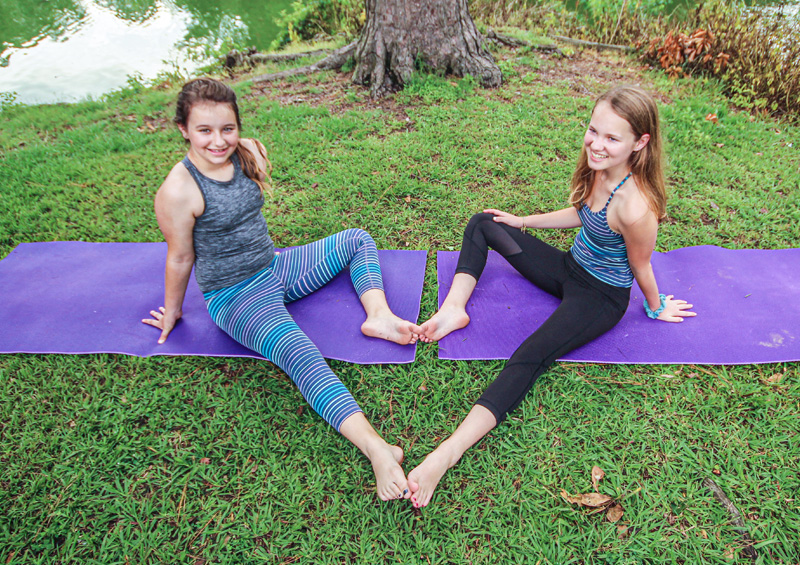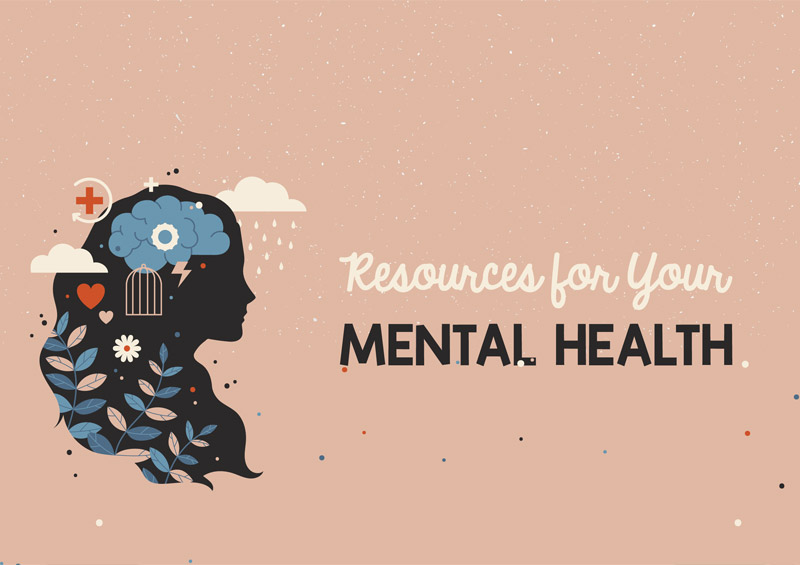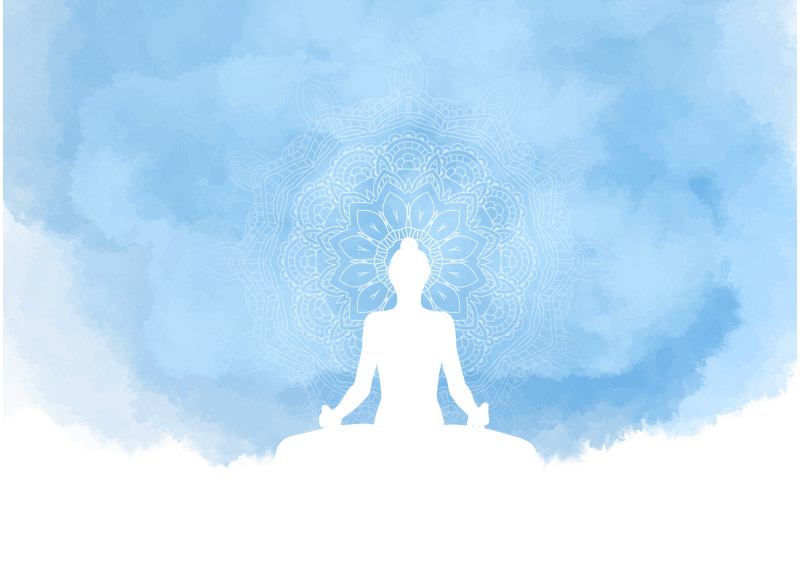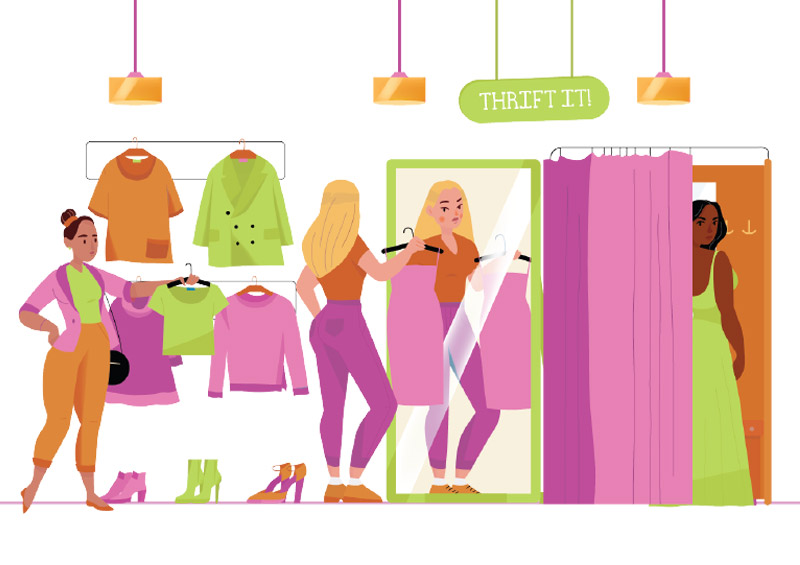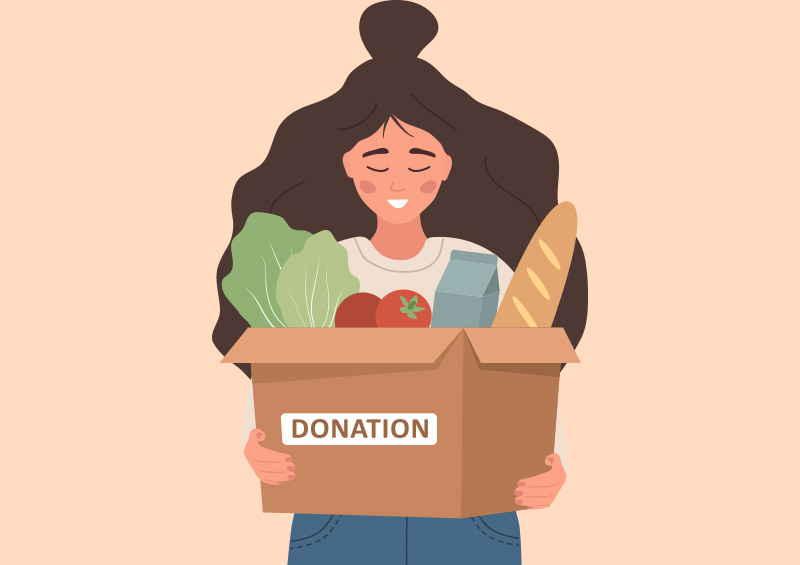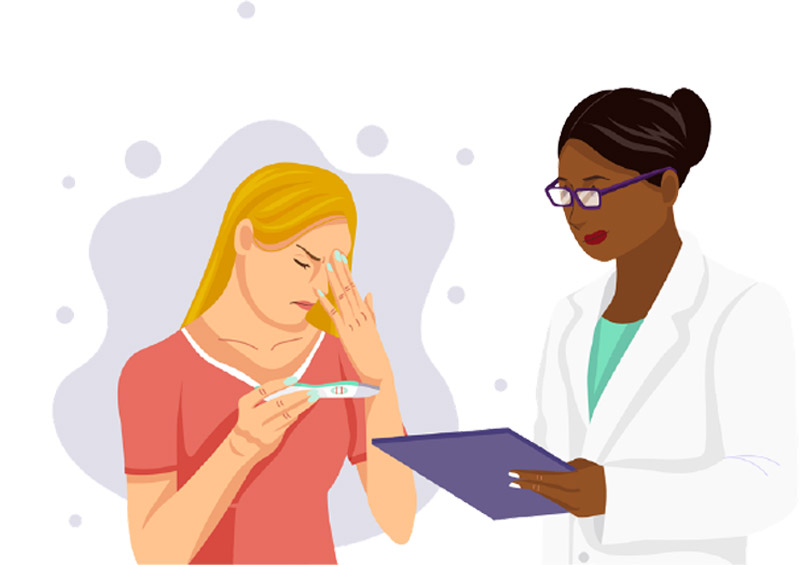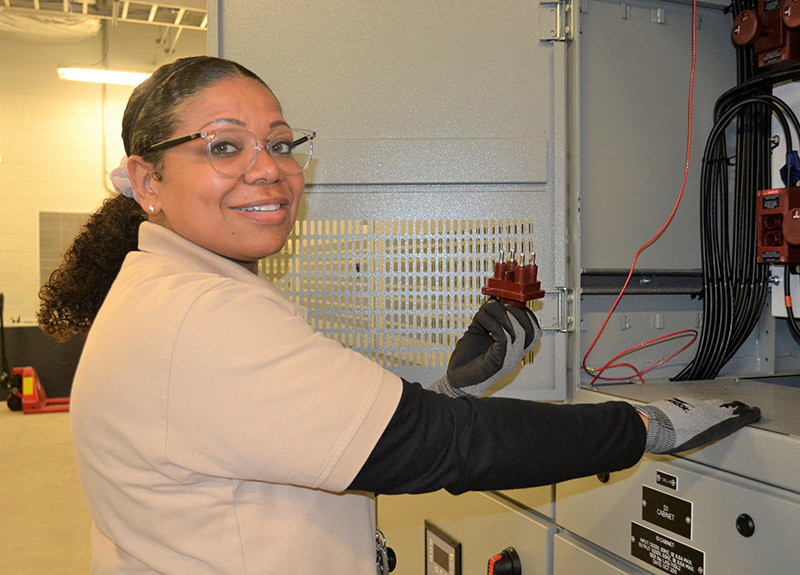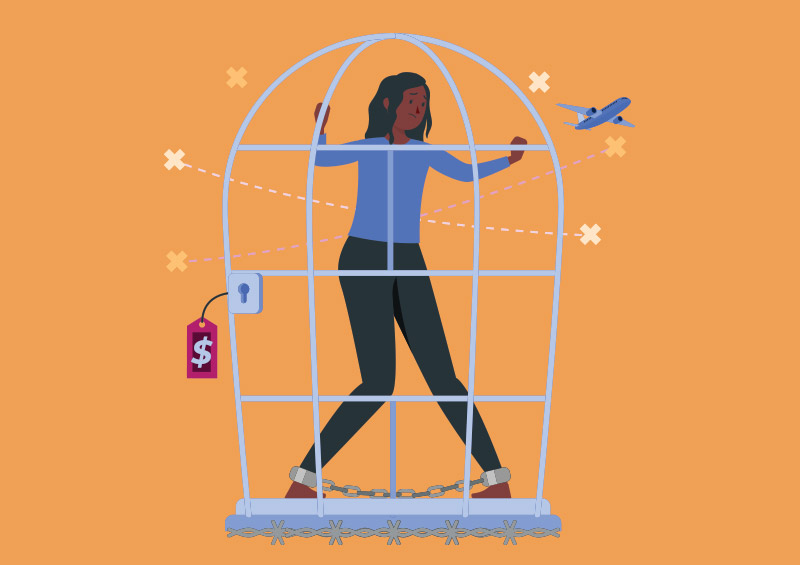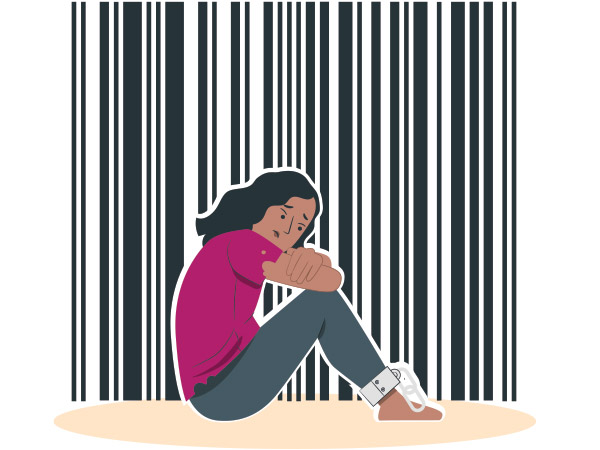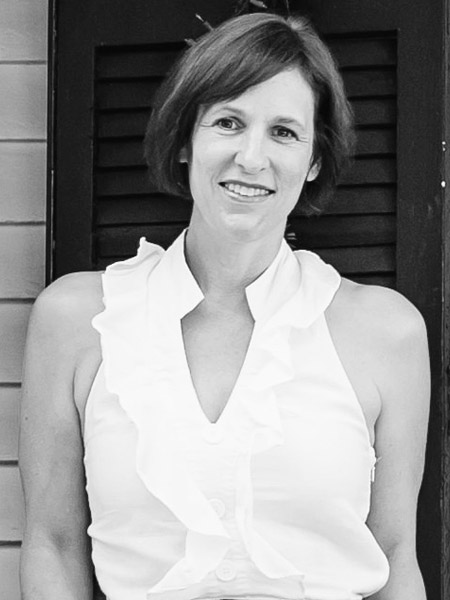What is human trafficking?
Human trafficking is considered a form of modern-day slavery. According to the U.S. Department of State, human trafficking involves forcing or coercing (persuading someone by threatening them) individuals into a commercial sex act or compelled labor.
Let’s break down what that means:
A “commercial sex act” is when a sexual act is performed in exchange for money or something else of value. Someone can become a victim of sex trafficking by being physically forced, threatened, or psychologically manipulated.
“Compelled labor” means that somebody is being forced to work and they might not be getting paid at all or very little. Victims can be forced to work in private homes, factories, or on farms. Other common forms of labor trafficking include magazine sales crews and begging rings.
Note: We use the word “forced” to indicate that the work is occurring against a person’s will. But sometimes trafficking victims clearly understand the situations they’re entering, yet they choose to participate anyway because they believe they will earn money. Let’s be clear though: When minors are involved in sex work or compelled labor, they have not made a choice; they are victims of human trafficking.
Who might be a trafficker?
A trafficker is anyone who coerces victims and exploits vulnerable people. However, traffickers are not always the “powerful gangsters” we tend to see portrayed in movies. Trafficking occurs in a wide range of socioeconomic classes, and the people involved could be anyone—there’s no “one type” of trafficker. Traffickers also are not always strangers; sometimes they are family members or neighbors.
Who is at risk?
All children under the age of 18 are considered “at risk” for human trafficking, but certain groups are more at risk than others. Those at higher risk include teens and children who have challenging family situations, have been in foster care, have run away, are homeless, live in poverty, have learning disabilities or developmental delay, or identify as LGBTQ.
How do traffickers target those at risk?
Traffickers can use many different methods to target those at risk, including social media, chat lines, shopping malls, bus stops, and even through friends.




